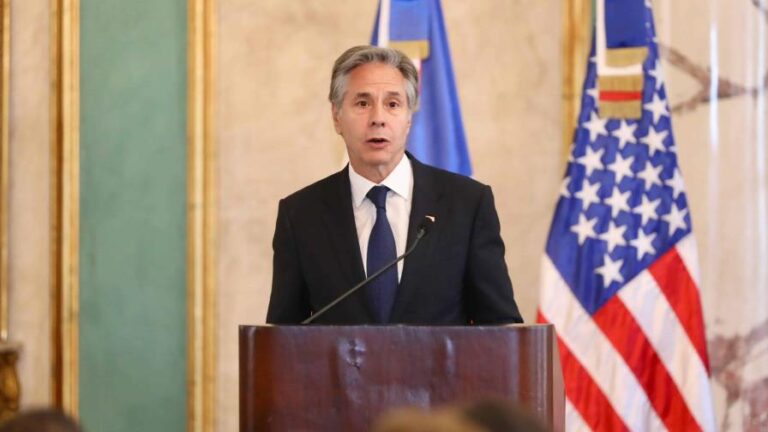Si bien existe un tema que mantiene abiertos los ojos de los especialistas en economía y carreras afines es el del pacto fiscal. Todos observan cautelosamente a un Gobierno que reducirá o eliminará los incentivos de algunas áreas para pagar otras “más necesarias”, como por ejemplo la deuda externa.
El turismo es uno de los sectores con suerte debido a los incentivos que recibe y a las exoneraciones de impuestos. Pero, ¿Correrá el Estado el riesgo de soltar a la gallina de los huevos de oro?
Al respecto, arecoa.com conversó en exclusiva con el experto en inversión extranjera, Enrique De Marchena, quien considera que “el Gobierno no tocará a la industria turística en el pacto fiscal”, porque es un área que mueve a otras como la agricultura, la ganadería, la banca y las telecomunicaciones.
El también abogado reconocido por sus asesorías en el Turismo destaca que tal como citó el mandatario Danilo Medina, a quien saluda por su gestión y meta de 10 millones de turistas en 10 años, esta área es la locomotora de la economía dominicana, pues son muchos los empresarios que invierten en el área. Esta ha sido la razón por la que De Marchena resalta el gran significado que tiene el sector en el desarrollo de las inversiones en el país, sobre todo en la planta hotelera.
Agrega que el sacrificio fiscal que ha tenido el Estado es un porcentaje minúsculo en comparación con los beneficios que ha traído consigo el turismo al país caribeño. En este caso menciona la Ley 158-01 sobre Incentivos Turísticos que ha permitido una amplia oferta complementaria, restaurantes, centros nocturnos y parques temáticos.
Sin embargo, el entrevistado hace énfasis en que las reglas deben ser claras ya que en ocasiones un turista invierte con un marco regulatorio establecido y luego el modelo tributario cambia.
De Marchena también se refirió a la estabilidad cambiaria que ha tenido el país en los últimos cinco años que abre paso a los acuerdos a más de tres años: “El sector público y el privado deberían aspirar a implantar un Acuerdo de Precios Anticipados (APA) a cinco años para elevar la inversión”.
Fuente: Areoca
[:en]
There is an issue that keeps the eyes of the specialists in economics and related careers open, it is the fiscal pact. Everyone cautiously observes a government that will reduce or eliminate the incentives of some areas to pay for the «more necessary ones”, such as the foreign debt.
Tourism is one of the lucky sectors, because of the incentives and tax exemptions it receives. But will the State run the risk of letting the goose golden eggs go?
In this regard, arecoa.com spoke exclusively with the foreign investment expert, Enrique De Marchena, who believes that «the Government will not touch the tourism industry in the fiscal pact,» because it is an area that moves others such as agriculture, Livestock production, banking and telecommunications.
The also lawyer recognized by his assessments in Tourism, emphasizes that as mentioned by the President Danilo Medina, whom he salutes for his administration and goal of 10 million tourists in 10 years, this area is the locomotive of the Dominican economy, because they are many businessmen who invest in the area. This is why de Marchena highlights the great significance that the sector has in the development of investments in the country, especially in the hotel sector.
He adds that the state’s fiscal sacrifice is a tiny percentage compared to the benefits that tourism has brought to the Caribbean country. In this case it mentions Law 158-01 on Tourist Incentives that has allowed a wide complementary offer, restaurants, night centers and theme parks.
De Marchena also referred to the country’s exchange rate stability over the last five years, opening the way for agreements to more than three years: «The public and private sector should aim to implement an Advance Price Agreement (APA) to five years to raise investment.»
Source: Areoca[:]




